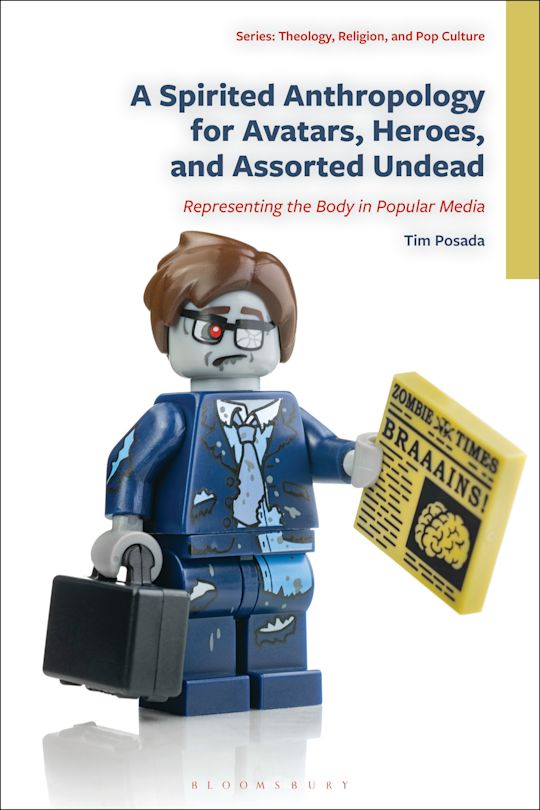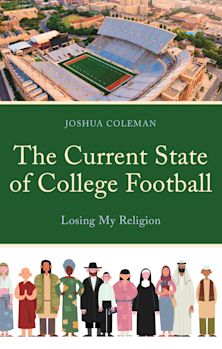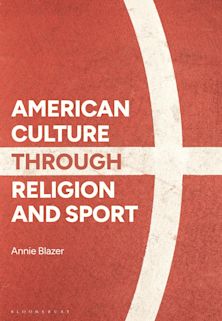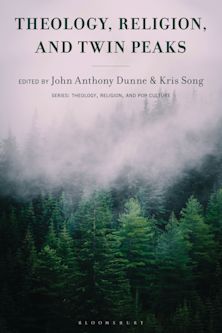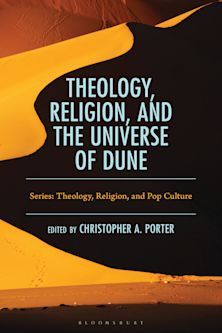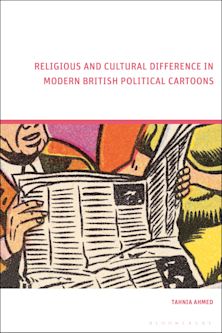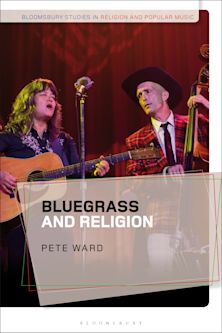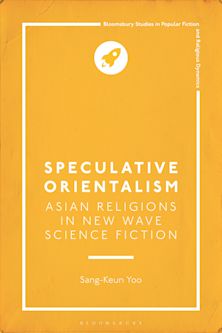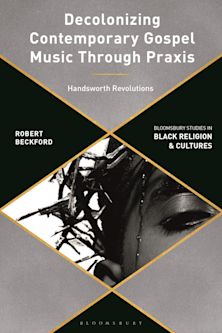A Spirited Anthropology for Avatars, Heroes, and Assorted Undead
Representing the Body in Popular Media
A Spirited Anthropology for Avatars, Heroes, and Assorted Undead
Representing the Body in Popular Media
This product is usually dispatched within 1 week
- Delivery and returns info
-
Free CA delivery on orders $40 or over
Description
This book focuses on debates surrounding the body, soul, and spirit, and addresses other aspects of theological anthropology in service to that angle.
What unseen forces govern fictional settings across films, television, and print? Are the bodies they portray useless, evil, spirited, or maybe soulless? This book interrogates the body in examples like Avatar: The Last Airbender, Castlevania, Get Out, Pan's Labyrinth, and Watchmen. While theological anthropology examines the body and soul, human agency, evil, and the image of God in reality, a new method of analysis, spirited anthropology, explores how these concepts operate in fictional worlds. From Captain America's virtue and Clayface's fluid body to Mike Myers' evil shape and transcendence in virtual reality and digital avatars, world-building across media elevates, diminishes, redefines, and mutates the body. The book contends that these spirited anthropologies present worlds occasionally injected with politics and social concerns from this reality, regardless of how ghosts, aliens, or virtual simulations try to strange the matter on display in each story.
Table of Contents
Introduction: The Imprisoned Body: Key Terms for a Spirited Anthropology
Chapter 1: The Perfect Body: Captain America in the Realm of Forms
Chapter 2: The Soulless Body: Watchmen, American Gods, and the Divine Unconscious
Chapter 3: The Spirited Body: Pan's Labyrinth Confronts the Tyranny of Dualism
Chapter 4: The Evil Body: A Good Villain is Hard to Define
Chapter 5: The Racialized Body: Get Out as Analogy and Inverted Commentary
Chapter 6: The Gendered Body: Imago Dei versus the Male Gaze
Chapter 7: The Fluid Body: Physical Mutation, Psychic Evolution
Chapter 8: The Transcendent Body: Ascension, Digital Avatars, and Ghosts in the Machine
Chapter 9: The Communal Body: The Powers That Be Waltz with Pennywise the Dancing Clown
Conclusion: The Whole Body: Bending Through Material Reality and the Spirit World
Epilogue: The Useless Body: Finding Human Value Amidst a (Zombie) Pandemic
Bibliography
Index
About the Author
Product details
| Published | Dec 11 2025 |
|---|---|
| Format | Hardback |
| Edition | 1st |
| Extent | 224 |
| ISBN | 9781978709249 |
| Imprint | Fortress Academic |
| Dimensions | 229 x 152 mm |
| Series | Theology, Religion, and Pop Culture |
| Publisher | Bloomsbury Publishing |
Reviews

ONLINE RESOURCES
Bloomsbury Collections
This book is available on Bloomsbury Collections where your library has access.









